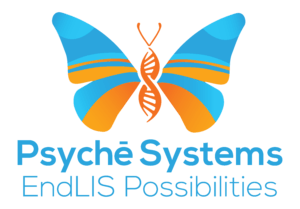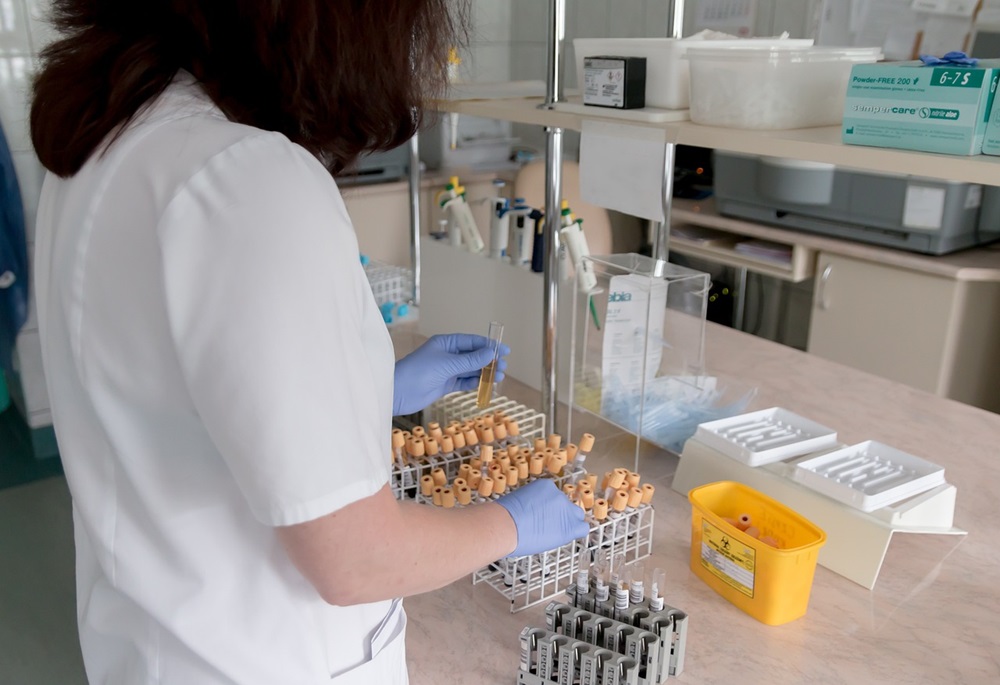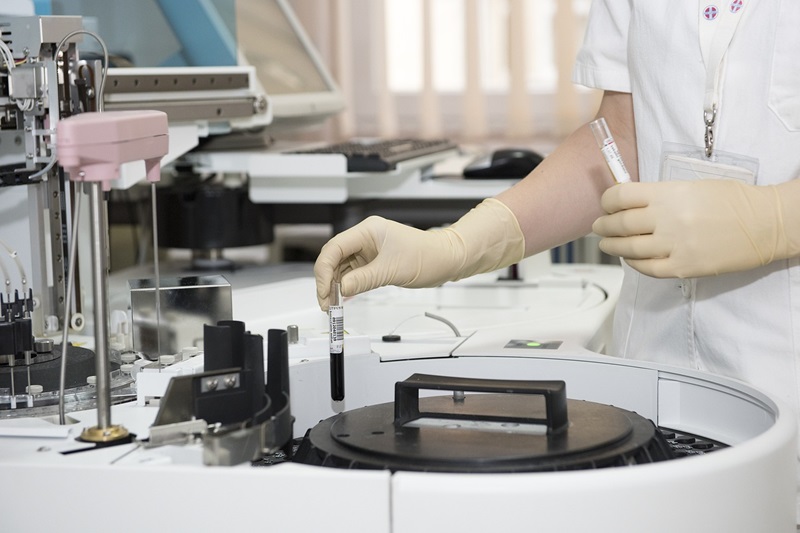Laboratory Information System (LIS) software has ushered in a new era of medical diagnostics. Its introduction has revolutionized the field, enabling healthcare professionals to provide quicker and more accurate diagnoses. Without a doubt, LIS software has become an indispensable tool in modern medicine.
This software allows labs to optimize and automate various cumbersome workflows, including test ordering, result reporting, and quality control.
Beyond automation, LIS software improves the efficiency and accuracy of many standard lab processes. The software can also help diagnostic labs adhere to industry standards. LIS software from Psyche Systems can customize many specific workflows, and in this article, we’ll examine the workflows that can benefit diagnostic labs the most.
Streamlining Sample Tracking
Previously, sample tracking depended on manual methods, exposing processes to human error and inefficiencies. The LIS fully automates sample tracking from reception to result reporting—a triad of cutting-edge technologies power LIS automation: barcode scanning, rules-based routing, and automated flagging.
- Barcode scanning: The LIS software assigns each sample a barcode as a unique identifier. The barcode helps lab technicians track the sample through various lab stages.
- Rules-based routing: LIS software uses rules-based routing to streamline sample tracking. Rules-based routing allows lab techs to set predefined rules that automatically direct sample movement through the laboratory.
- Automated flagging: The LIS software is programmed to continuously monitor the sample tracking process in real-time. The system alerts lab technologists if there’s any deviation from standard procedures, such as a delay in processing or a mismatched sample.
Diagnostic labs can improve turnaround times and accuracy with customized sample tracking. Speeding up turn-around times is critical, especially in time-sensitive medical situations, allowing for faster decision-making. The increased accuracy ensures that health practitioners can always count on lab results when making their decisions.
Flexible Result Validation
Advanced LIS software enables diagnostic labs to establish specific criteria for quality and accuracy checks. When generating results, the LIS uses predefined rules to validate them.
Psyche’s intelligent LIS system identifies unusual findings during the validation process and flags them for further review. “Unusual findings” typically include results where values deviate from normal ranges or create an irregular trend.
The software identifies these anomalies by comparing results against predefined ranges. With automated test validation, diagnostic labs produce accurate results consistently. The flexible result validation feature also comes with the following benefits:
1. Reduced instances of reworks
The LIS software runs validation checks at every stage of the lab testing workflow. Automated checks assist lab technologists with identifying discrepancies much earlier in the process. Upon detection, the system alerts laboratory personnel and asks them to review and correct errors, eliminating the need for resource-intensive rework.
2. Enhanced compliance
The automated validation checks ensure test results align with predefined rules and acceptable ranges. This approach helps ensure that diagnostic labs adhere to the guidelines and regulations that govern laboratory testing practices.
3. Improved patient safety
The LIS software scrutinizes each result for accuracy and reliability. As a result, the software minimizes the risk of labs releasing inaccurate results that could compromise patient care decisions. This feature also mitigates the potential for medical errors.
4. Increased cost efficiency
Automated validation checks improve cost efficiency in many ways. For one, the checks minimize errors that could lead to reworks and corrective measures. Moreover, automation reduces the need to allocate more resources for manual validation.
5. Improved credibility
A rigorous validation process helps prevent the release of inaccurate test results. With consistent accuracy, healthcare providers, patients, and regulatory bodies will regard laboratories as highly credible.
Custom Reporting and Analytics
The LIS software features user-friendly tools that facilitate reporting and analytics. With these tools, lab personnel can create customized reports, including clinical reports, regulatory reports, and patient demographics reports.
Furthermore, LIS software’s analytics and dashboard have been designed to support self-service. This feature allows lab managers to generate customized reports and analytics without needing support from IT experts.
The LIS software doesn’t just create reports. Its data analysis tools help laboratory managers extract actionable insights from lab data. For instance, the tools can help analyze patient demographics for targeted marketing.
Other vital insights that LIS software can help labs generate include:
- Financial health: The LIS tracks billing and revenue data, providing a comprehensive overview of the lab’s financial performance. These performance measures include reimbursement rates and outstanding balances.
- Workload patterns: The LIS software records and analyzes test volumes over time. The software can give lab managers insights into staff workloads through customizable reports and analytics tools.
- Turnaround times: The LIS software records how long it takes for samples to progress through the testing process. Lab managers can identify and fix workflow inefficiencies via customizable reports and real-time analytics.
Transform Your Lab Diagnostics with Psyche’s LIS Software
LIS software is a vital investment for forward-looking diagnostic laboratories. The software automates various workflows, enhancing efficiency, accuracy, and overall laboratory management.
Psyche’s LIS software stands out as one of the premier solutions in the market. Unlike genetic software, Psyche designs its software to match a lab’s unique workflows, testing protocols, and compliance requirements.
Contact us to request a demo of our LIS software for diagnostic labs.


